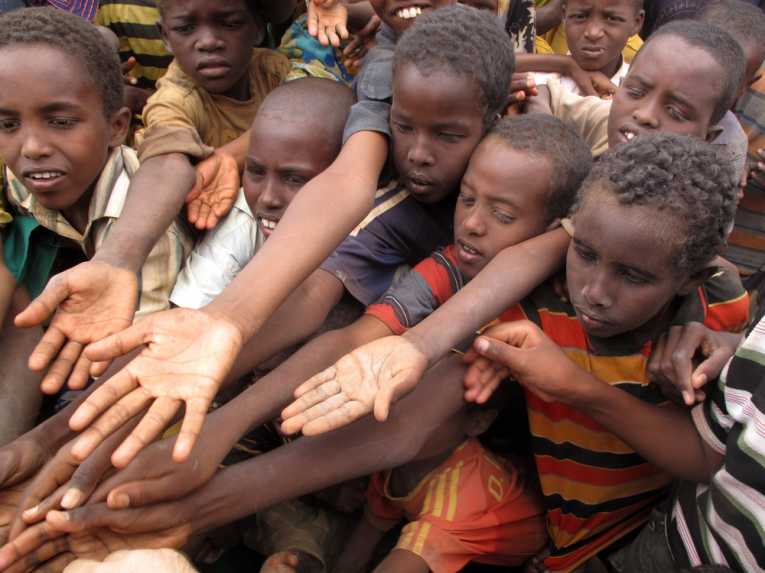Climate talks must succeed to prevent more extreme weather driving up food prices and pushing millions into poverty, says top charity Oxfam. Without more action to prevent climate change, extreme weather is likely to increase in severity and frequency, endangering more lives.
The warnings come at the beginning of United Nations Climate Change Conference 2011 that take place in Durban from today (28 November) until 9 December - and Oxfam says the talks must succeed.
Kelly Dent, from Oxfam, explains, "From the Horn of Africa and South East Asia to Russia and Afghanistan, a year of floods, droughts, and extreme heat has helped push tens of millions of people into hunger and poverty.
"This will only get worse as climate change gathers pace and agriculture feels the heat. Governments must act now in Durban to protect our food supply and save millions from slipping into hunger and poverty."
Oxfam's report, Extreme Weather Endangers Food Security 2010-11: A grim foretaste of future suffering and hunger? shows that extreme weather has increased food instability. If extreme weather increases in frequency and severity, yields will fall and prices will rise, creating worrying shortages, it states.
In the politically unstable area of the Horn and East Africa, extreme drought means than more than 13 million people are in critical need. In the summer, sorghum cereal prices were up almost 400% on average prices over the last five years and, in Ethiopia, maize was almost double.
In Russia and Ukraine last year, a heat wave decimated crops and led to 80% rises in worldwide wheat prices in three months. Prices in April this year were 85% up year-on-year.
In South East Asia, monsoons and typhoons have been responsible for the deaths of more than 1,100 people and contributed to rice prices increasing by 30% in Vietnam on the previous year.
Although it is not always possible to totally attribute a particular crop failure to climate change, the increase in the number of extreme weather incidents can be blamed partly on climate change. Oxfam says for the poorest people, who have to use up to three-quarters of their income buying food, this can be disastrous.
Kelly Dent says, "When a weather event drives local or regional price spikes poor people often face a double shock. They have to cope with higher food prices at a time when extreme weather may have also killed their livestock, destroyed their home or farm, or stripped them of their livelihood.
"This toxic mix of higher prices and lower purchasing power has driven many people into crisis this year. If we don't act in Durban, this pattern could become even worse."
Oxfam wants the Durban talks to bring three key changes - a legally-binding climate change agreement, action from governments to lower harmful emissions before 2020 and to introduce a Green Climate Fund by 2013 to help the poor combat climate change.
"Durban will not deliver everything that is required of an effective global response to climate change. But governments must build on the past, by continuing Kyoto, planning for a future legal deal to further slash emissions before 2020, and by mobilising the finance poor people need now to cope with climate change," Kelly Dent adds.
The Oxfam charity has launched its GROW campaign, which calls for global action to fix a broken food system where 925 million people already go hungry every day. For more details, go to: Oxfam GROW










